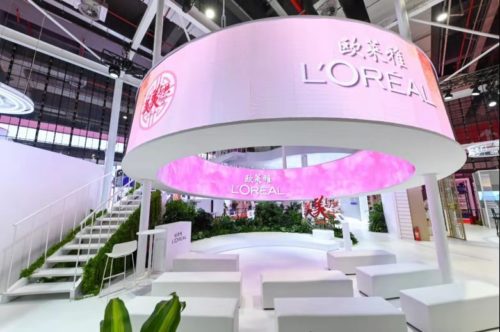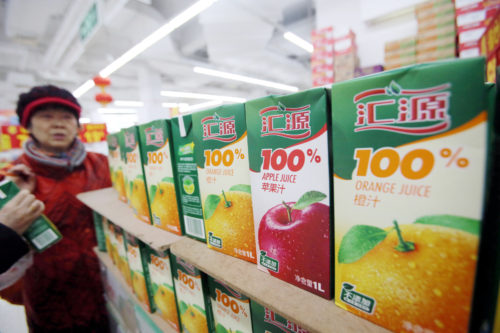Chinese Corner: China’s disgruntled ‘middle class,’ public bathing, and how a meme is born
Chinese Corner: China’s disgruntled ‘middle class,’ public bathing, and how a meme is born
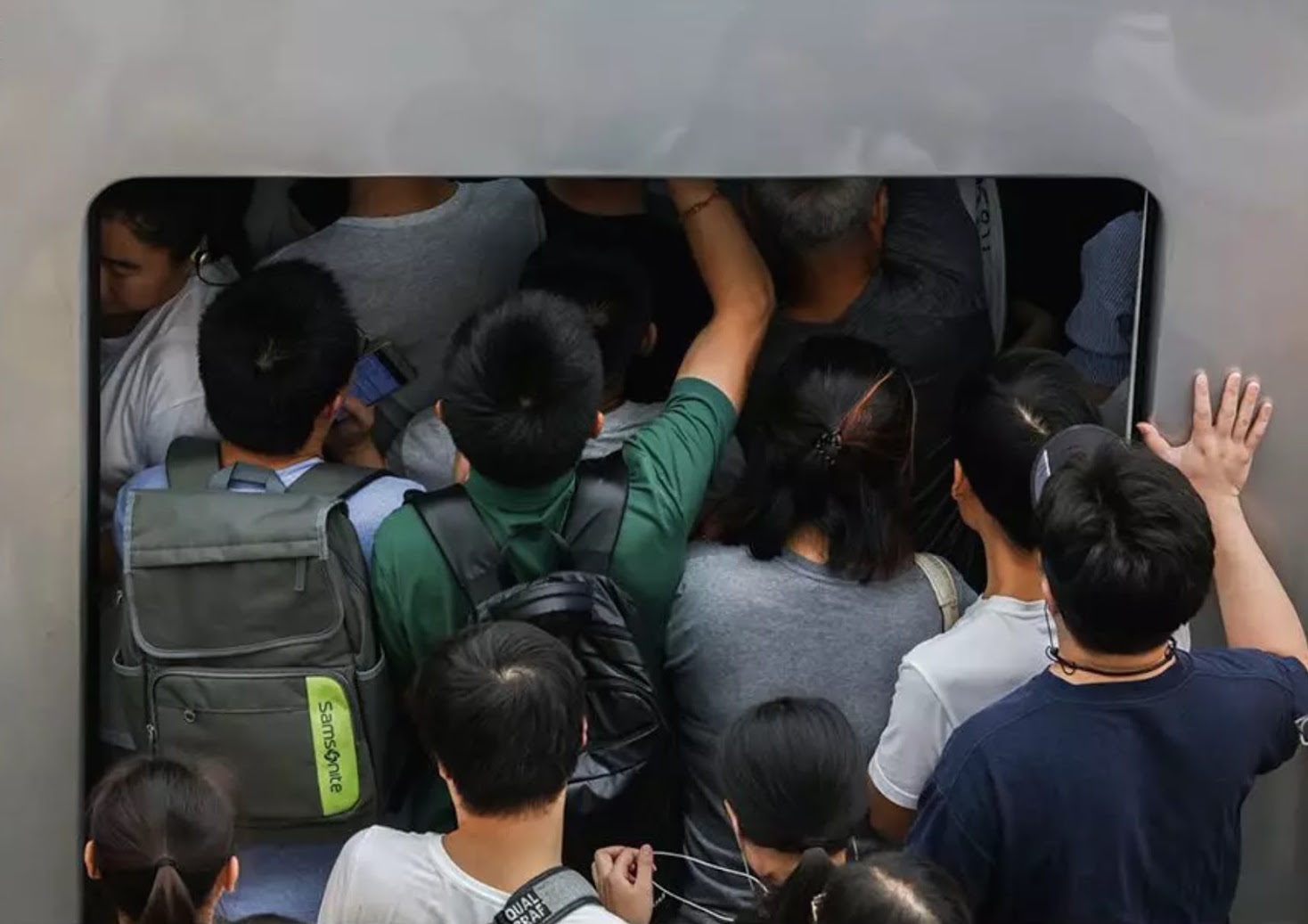
August 24, 2018
The self-proclaimed middle class in China is experiencing an identity crisis at the moment.
In the past decade, the country’s extraordinary economic triumphs have given birth to a growing middle class, mostly composed of young adults working in mega cities such as Beijing and Shanghai, who were willing to spend paychecks on high-end restaurants, fancy gyms, and simple yet symbolic things like Starbucks drinks that represent a bourgeois lifestyle. Although they haven’t accumulated enough wealth to cross the line when they no longer have to worry about falling into poverty or picking up old habits of frugality, the sentiment was overwhelmingly positive and everyone believed that a sense of financial security was attainable. It was only a matter of time.
However, seemingly overnight, the dominant optimism and confidence of this class of people was replaced by a widespread wave of anxiety and frustration this summer, which forced them to make consumption downgrade plans and reexamine their positions in society. In “A documentation of consumption downgrade in Beijing,” one of the most talked-about articles in August, WeChat blogger Xidao 西岛 writes:
“I personally didn’t feel any impact of the consumption downgrade because my monthly income is just narrowly above 10,000 yuan. For people like me, who are viewed as losers in first-tier cities and already at the lowest level of consumption, there is no room for us to downgrade. But I never imagined numerous successful people falling down from the fairyland in a short two years. They are now breathing the same polluted air with me in this world, learning to become down-to-earth.”
For these “successful people” who used to think they fit the definition of middle class, it’s not difficult to pinpoint what prompted them to adjust their spending habits. In Beijing, hundreds of thousands of tenants got priced out of their rental homes this summer due to an exponential rise in housing costs. The ongoing trade war and the stock market’s meltdown have shattered their economic stability. And the new tax reform didn’t bring about a drastic change in favor of the middle class in big cities with above-average income by national standards.
With no encouraging signs on the horizon, it’s safe to assume that more and more young people in China, who still believe they belong to the middle class, will lean into penny-pinching to stay afloat in the years to come. But no one knows when things will get better. Worse, as blogger Hou Hongbin 侯虹斌 argues, the summer of 2018 is very likely the start of an economic downward spiral.
More writing on this phenomenon:
- A guide to the “big middle class” / GQ实验室
- Folding Houchang village: Earning 50,000 and spending 5,000 / 看客inSight
- No need to hurry. The greatest era just started / 侯虹斌客厅
- Middle-classish proletariat: The broke but generous young people / 金融街李莫愁

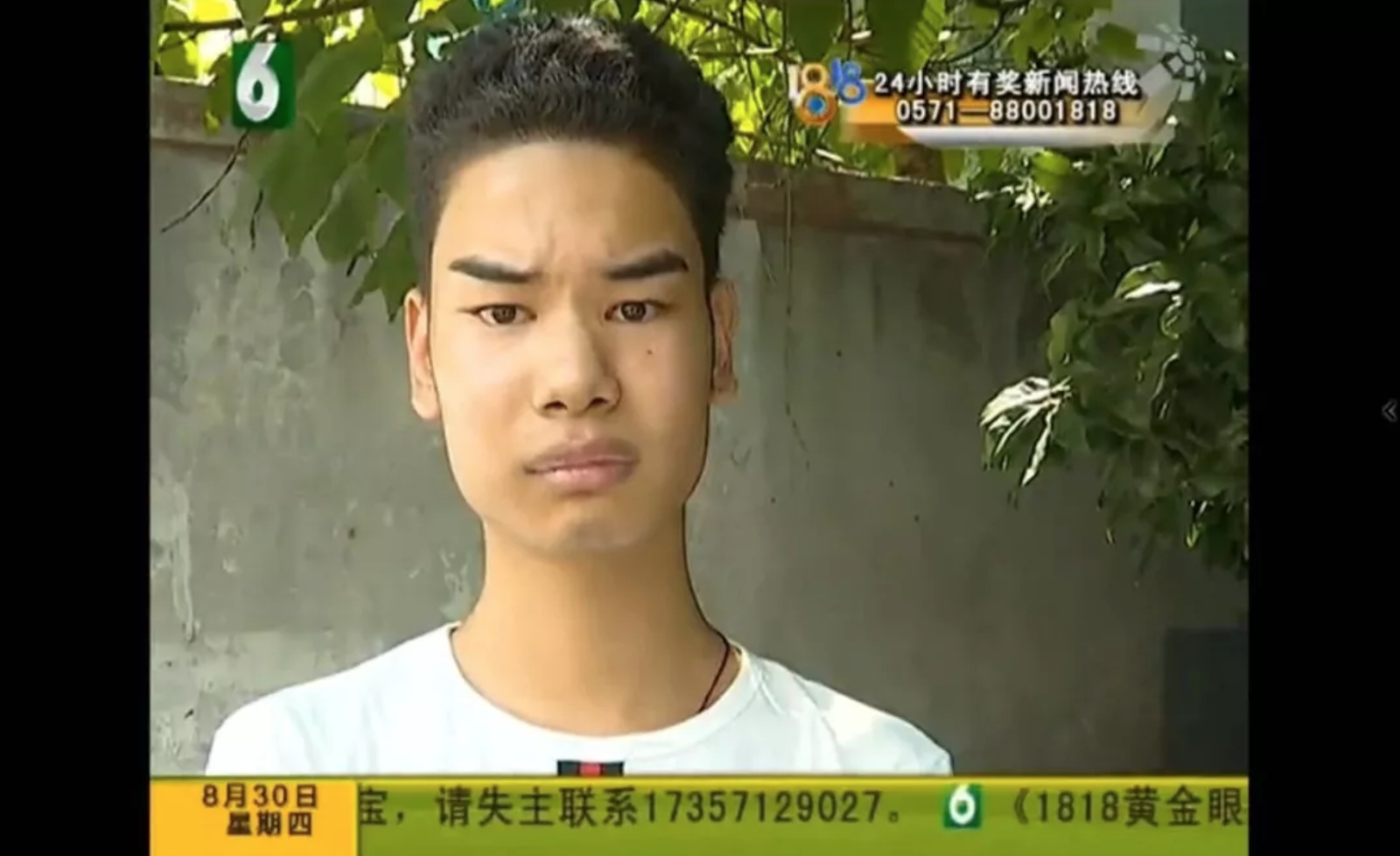
The bizarre appeal of ‘1818 Huangjinyan’
By 阿饼 | X博士
September 3, 2018
The randomness of the internet has turned many ordinary people into trending memes, and Wu Zhengqiang 吴正强, an 18-year-old real estate agent in Hangzhou, is a recent example. In a gif that has gone viral on Chinese social media, a camera zooms in on Wu, who gives an upset and confused look with his caricature-like facial features and expressions. The gif was funny without context, in the way that many things on the internet are. It later turned out that there is actually a story behind it. The gif was extracted from a segment of 1818 Huangjinyan on August 29, a local news program in Hangzhou, in which Wu was interviewed after getting a haircut in a salon and receiving a bill of nearly 40,000 yuan ($5,850).
Thanks to the meme of Wu’s discombobulated look, 1818 Huangjinyan, the most watched news program in Zhejiang Province, was brought to the national audience’s attention. Dedicated to covering scams and disputes among average people, the program has earned a cult following among internet users in the past few years with its unconventional selection of bizarre stories and unique style of filming. “People love to watch it not only because it’s quirky and funny, but also because it vividly portrays the myriad aspects of people’s lives in this era,” author Abing 阿饼 explains. “Compared to other news programs solely focusing on good news, 1818 Huangjinyan is like a rebellious punk. It exposes the unfiltered facet of our lives.”


The bittersweet history of Coca-Cola in China
By 邵晓楠 | 看客inSight
August 20, 2018
This article walks you through China’s on-again, off-again, on-again relationship with the bubbly brown drink, which was once a luxury item desired by the upper crust of society, an archetypal symbol of Western capitalism, and a witness to U.S.-China relations.

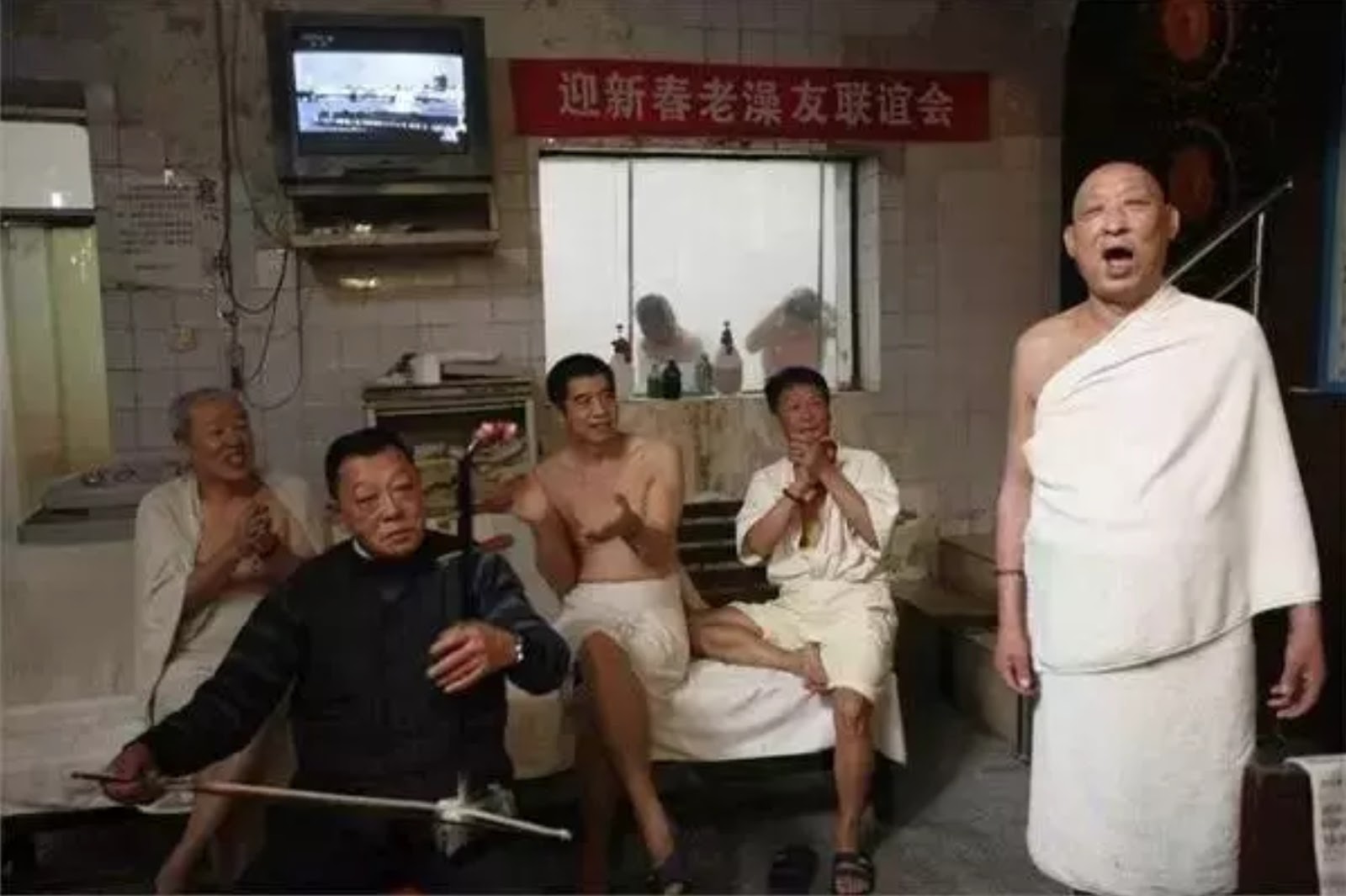
How public baths divide northern and southern China
By 蒲灵婕 | 大象公会
August 28, 2018
The debate on public baths is routine in September in China, when a new wave of college students arrive at school, terrified to find that there is no private shower rooms but only public bathhouses. The vast majority of complaints come from people who grew up in southern China, who have never experienced public bathing before and are uncomfortable with being completely naked in front of strangers. Meanwhile, for students from northern China, getting nude with other people while taking a shower is nothing out of the ordinary.
Interestingly, as author 蒲灵婕 Pu Lingjie finds out, contrary to common belief, the culture of public bathing in China actually originated in the south, but due to a string of reasons, the tradition was better preserved in the north.

